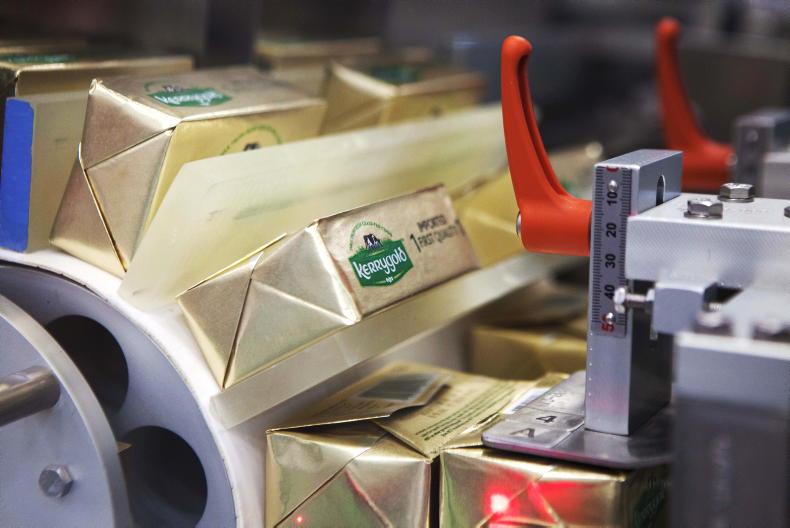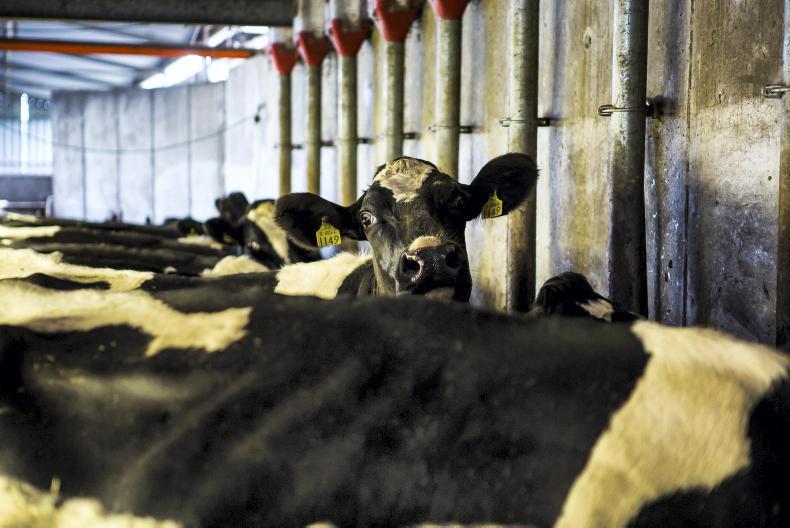The Milk Market Observatory (MMO) economic board this week said the overall dairy market remains bearish and the supply correction that is needed to lift prices has not materialised just yet.
Concerns were expressed about possible difficulties in oil-producing countries that traditionally import dairy products, given decreasing oil returns. On the other hand, recent openings with Iran might improve demand.
So where is the extra supply coming from? EU deliveries from Jan to May 2014 versus the five-month period during which the EU quota brakes came off (Jan to May 2015) show deliveries in the two main dairy producing countries – France and Germany – were actually down on the same period in 2014. France deliveries dropped 1.5%, while German deliveries dropped 0.1%. Another large producer, Denmark, also dropped deliveries by 0.8%. The Netherlands and the UK – the other two significant dairy countries – increased deliveries by 0.4% and 0.8% respectively. Overall EU milk supply is up by only 0.2% compared with 2014.
When we look at milk deliveries for the main exporting regions globally (the EU, Argentina, Australia, the US, New Zealand) we can see the combined growth rate in production is 0.69%, or 825,000t of extra dairy product. Most of that extra production came from the US (670t of the 825t, or 81%). The latest figures about US milk production, in June, show a less dynamic increase (+ 0.7%).
Milk production is increasing in China, Russia and Belarus, while world exports are decreasing, reflecting demand slowdown. EU exports of butter and cheese have benefited from the relative absence of US exports, as internal US demand remains strong. The US remains the number one destination for EU dairy exports, followed by China, Saudi Arabia and Algeria. China reduced its dairy imports.
Dairy product quotations show decreasing trends over the past month for all products (especially whey power), except Emmental cheese. Gouda and Edam prices are below 2009 levels. On the world market, all prices decreased in the last fortnight, except for US prices for butter and cheddar. Price decreases were particularly strong for milk powder.










SHARING OPTIONS